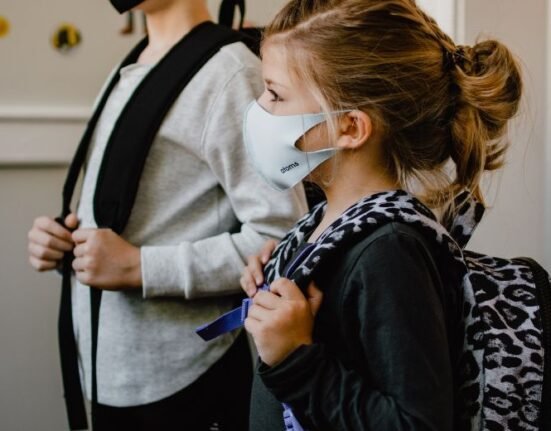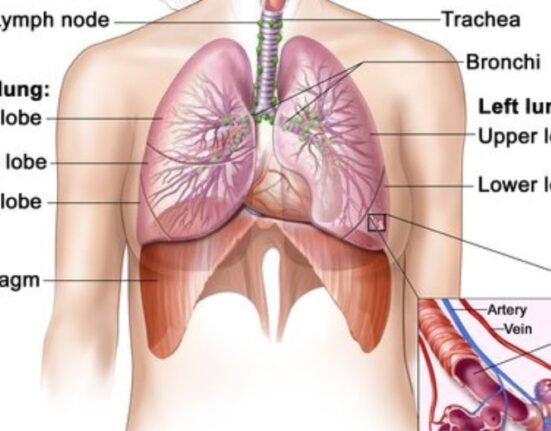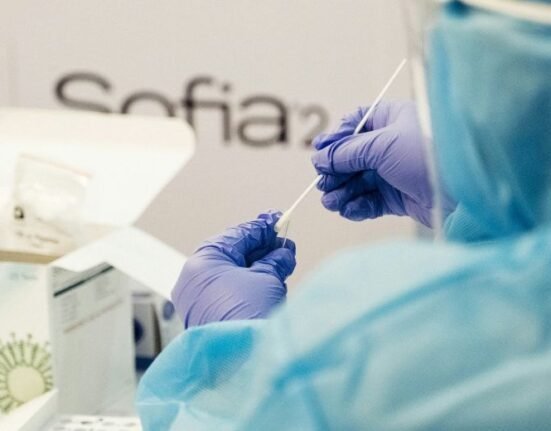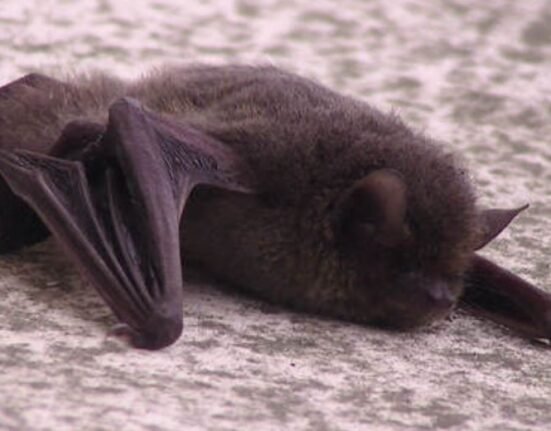HQ Team
January 17, 2023: Covid-19 can cause a loss of sense of smell, also known as anosmia. This symptom is seen in a significant proportion of people who have been infected with the virus. With some people, the olfactory function does not return.
The exact cause of this symptom is not yet fully understood, but new research led by Duke researchers says that the SARS Cov-2 virus can make the immune system attack the nerve cells in the nose, compromising the ability to smell.
“Fortunately, many people who have an altered sense of smell during the acute phase of viral infection will recover smell within the next one to two weeks, but some do not,” says neurobiologist Bradley Goldstein from Duke University in North Carolina.
“We need to better understand why this subset of people will go on to have persistent smell loss for months to years after being infected with SARS-CoV-2.”
The team studied nose tissue samples or the olfactory epithelium taken from 24 people, including nine with long-term loss of smell after COVID-19. This tissue holds the neurons responsible for detecting odours.
The researchers observed a large number of T-cells in the tissue, a type of white blood cell that helps the body fight off infection. These T-cells were causing inflammation in the nose.
The T-cells damaged the olfactory epithelium tissue. The inflammation process was still evident in tissues even when no SARS-CoV-2 infection was detected.
“The findings are striking; it’s almost resembling a sort of autoimmune-like process in the nose,” says Goldstein
The infection led to a decrease in the number of olfactory sensory neurons in the study participants with no sense of smell, but it was found that some neurons seemed capable of repairing themselves even after the T-cell bombardment, which means there was hope of recovery of this sense.
The researchers suggest that similar inflammatory biological mechanisms could be behind the other symptoms of long COVID, including excessive fatigue, shortness of breath, and a ‘brain fog’ that makes it difficult to concentrate.
The team wants to carry the research forward to investigate which particular tissue areas get damaged and which types of cells are involved. That will, in turn, lead the way to developing possible treatments for those experiencing a long-term loss of smell.
“We are hopeful that modulating the abnormal immune response or repair processes within the nose of these patients could help to at least partially restore a sense of smell,” says Goldstein.
The research has been published in Science Translational Medicine.








